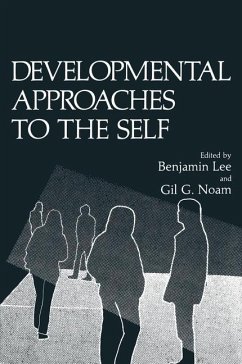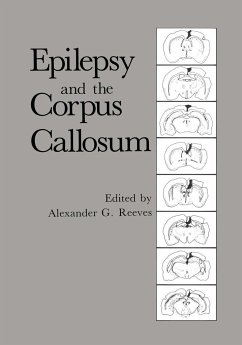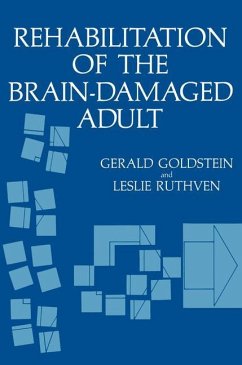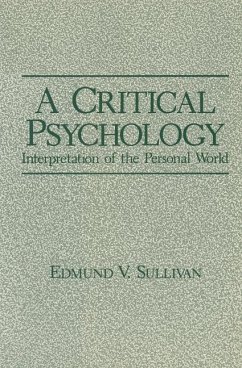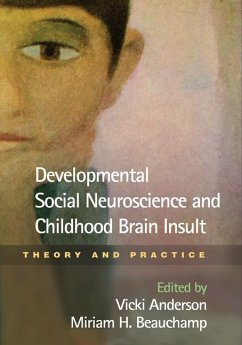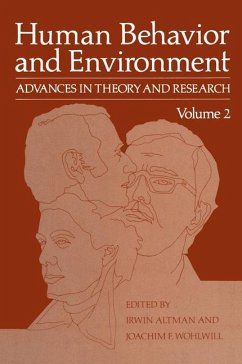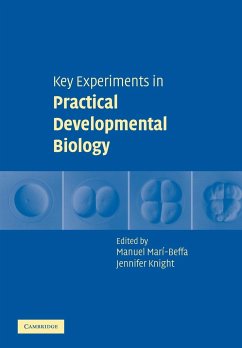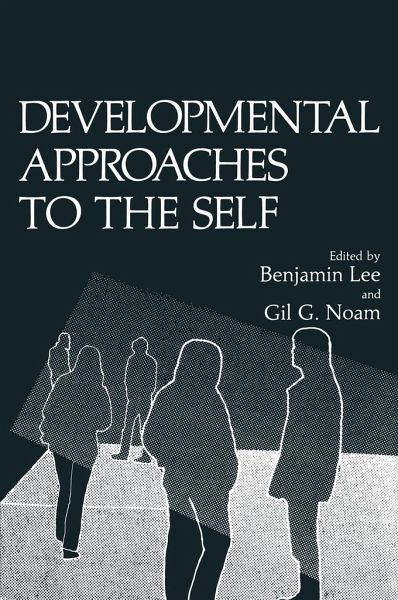
Developmental Approaches to the Self
Versandkostenfrei!
Versandfertig in über 4 Wochen
93,99 €
inkl. MwSt.

PAYBACK Punkte
47 °P sammeln!
Each of the three great schools of developmental psy chology represented in this vo1ume--psychoana1ytic, cogni tive-developmental, and Vygotskian--diverges in important ways. But more recent changes in each discipline have led to new possibilities for theoretical integrations. Each ori entation has begun to focus upon the problem of "meaning construction", that is, how a person's subjectivity and con sciousness is created through his interaction with signifi cant others. Each discipline also discovered that as it switched to meaning and interpretation as the foci of their work, they had to ref...
Each of the three great schools of developmental psy chology represented in this vo1ume--psychoana1ytic, cogni tive-developmental, and Vygotskian--diverges in important ways. But more recent changes in each discipline have led to new possibilities for theoretical integrations. Each ori entation has begun to focus upon the problem of "meaning construction", that is, how a person's subjectivity and con sciousness is created through his interaction with signifi cant others. Each discipline also discovered that as it switched to meaning and interpretation as the foci of their work, they had to reformulate and, in some cases, reject po sitions taken by their founding figures. The papers in this volume attempt to describe the newest developments in each of these fields and to foster a theoretical dialogue around the concept of the self. The papers in this book emerged out of discussions at a Conference on the Self, sponsored by the Center for Psychosocial Studies in Chicago. For the psychoanalytic and cognitive-developmental ap proaches, we can observe a transition from what we call the bio10gism of both traditional Freudian and Piagetian memta psychologies to a more "communicative-interactionist" point of view. Psychoanalysts have focused on the subjective expe rience of their patients as constituting a reality in its own right, and therefore have always focused upon problems of communication and interpretation. But Freud's emphasis on bio-sexua1 development led him to create a metapsycho1ogy in which the basic organizing principle is that of drive re duction.



